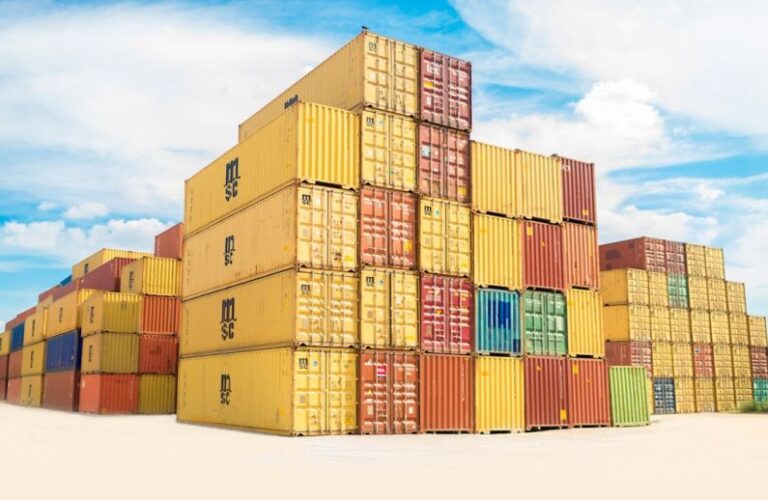The Future of Freight: Trends and Predictions
In an ever-evolving world of technology and innovation, the freight industry is at the cusp of significant transformation. From autonomous vehicles to blockchain technology, the future of freight is brimming with exciting trends and predictions that promise to revolutionize the way goods are transported across the globe.
Automation in Freight Operations
One of the most significant trends shaping the future of freight is automation. The integration of automation into freight operations is streamlining processes, reducing costs, and improving efficiency. From self-driving trucks to automated warehouses, technology is driving significant advancements in the industry. Companies are increasingly investing in autonomous vehicles to enhance their delivery services and optimize their supply chains. As automation continues to evolve, we can expect to see even greater efficiency and accuracy in freight operations.
Sustainable Practices in Freight
With a growing focus on sustainability and environmental conservation, the freight industry is also moving towards more eco-friendly practices. Companies are increasingly adopting greener technologies and alternative fuels to reduce their carbon footprint. Electric vehicles, solar-powered warehouses, and sustainable packaging solutions are just a few examples of the industry’s commitment to sustainability. As consumers become more environmentally conscious, the demand for sustainable freight practices is only expected to grow in the future.
Digitalization and Data Analytics
Digitalization and data analytics are playing a crucial role in shaping the future of freight. By harnessing the power of big data and analytics, companies can optimize their supply chains, improve route planning, and enhance overall operational efficiency. Real-time tracking, predictive analytics, and AI-driven insights are empowering companies to make data-driven decisions that drive growth and profitability. As digitalization continues to evolve, we can expect to see even more sophisticated tools and technologies that revolutionize the way freight is managed and delivered.
E-commerce Boom and Last-Mile Delivery
The rise of e-commerce has had a profound impact on the freight industry, particularly in the realm of last-mile delivery. As online shopping continues to soar, the demand for fast and efficient delivery services has never been higher. Companies are investing in innovative solutions such as drone delivery, autonomous robots, and crowdsourced delivery models to meet the growing expectations of consumers. The future of last-mile delivery lies in agile, tech-driven solutions that enable quick and seamless delivery of goods to customers’ doorsteps.
Globalization and Supply Chain Resilience
In an increasingly interconnected world, globalization is reshaping the way goods are transported and distributed. Companies are expanding their operations globally to tap into new markets and leverage cost efficiencies. However, with globalization comes the need for supply chain resilience. The COVID-19 pandemic exposed vulnerabilities in global supply chains, prompting companies to rethink their sourcing strategies and enhance supply chain visibility. In the future, we can expect to see a greater emphasis on building resilient supply chains that can withstand disruptions and uncertainties.
The Rise of Collaborative Logistics
Collaborative logistics is another trend that is gaining traction in the freight industry. By fostering partnerships and collaboration among different stakeholders in the supply chain, companies can optimize processes, reduce costs, and improve overall efficiency. Collaborative logistics enables companies to share resources, expertise, and infrastructure, leading to a more integrated and streamlined supply chain ecosystem. As the industry continues to evolve, collaborative logistics will play a key role in driving innovation and transforming the way goods are transported and delivered.
A Glimpse into the Future of Freight
The future of freight is undeniably exciting, with technology, sustainability, and collaboration at the forefront of industry trends. As companies continue to embrace automation, digitalization, and sustainable practices, we can expect to see a more efficient, resilient, and environmentally conscious freight industry. With the rise of e-commerce, globalization, and collaborative logistics, the future of freight promises to be dynamic and transformative. By staying ahead of these trends and embracing innovation, companies can position themselves for success in the evolving landscape of freight transportation.






